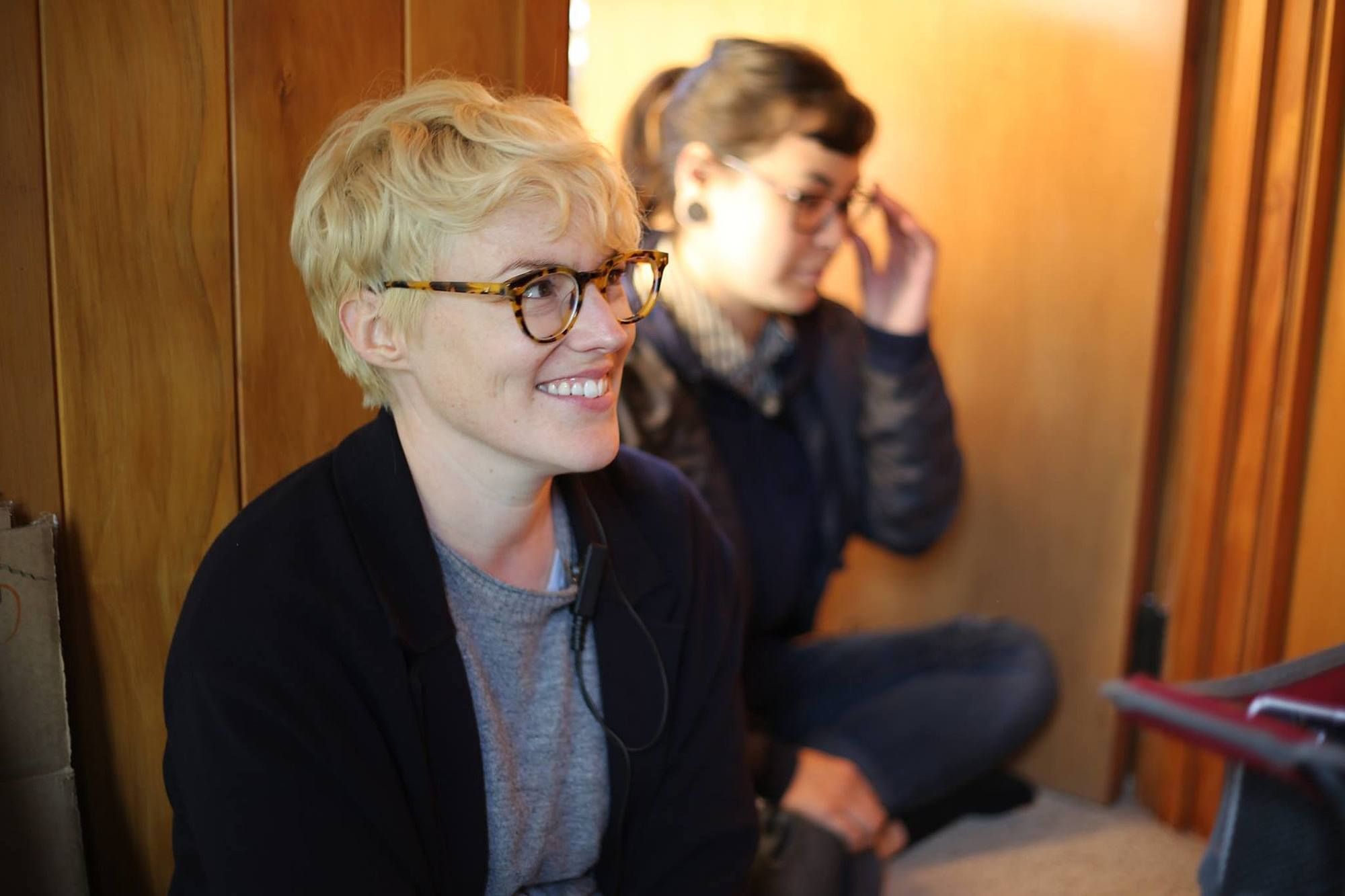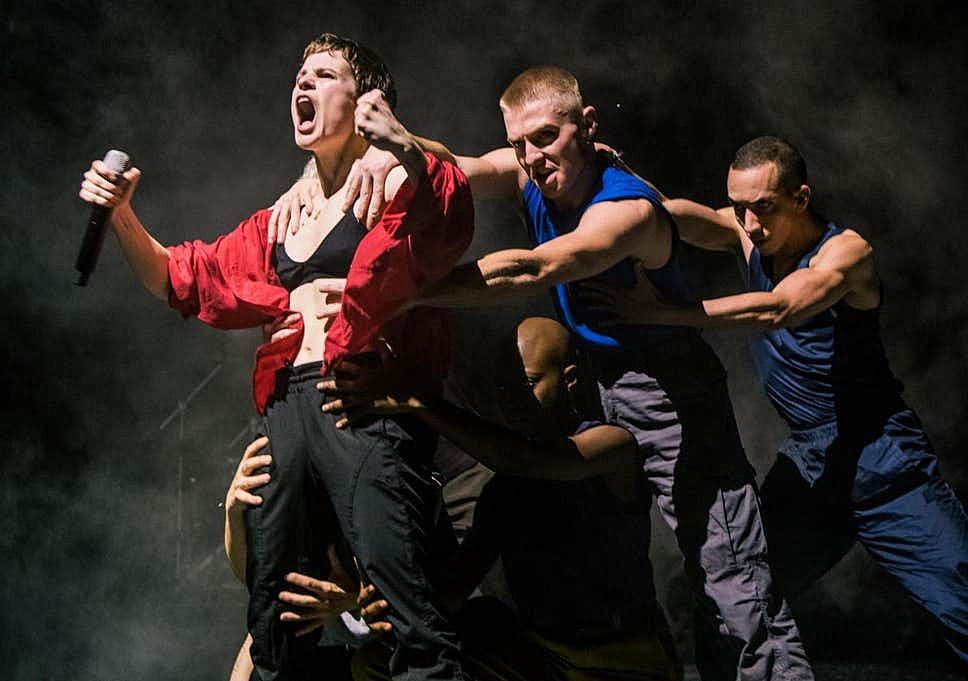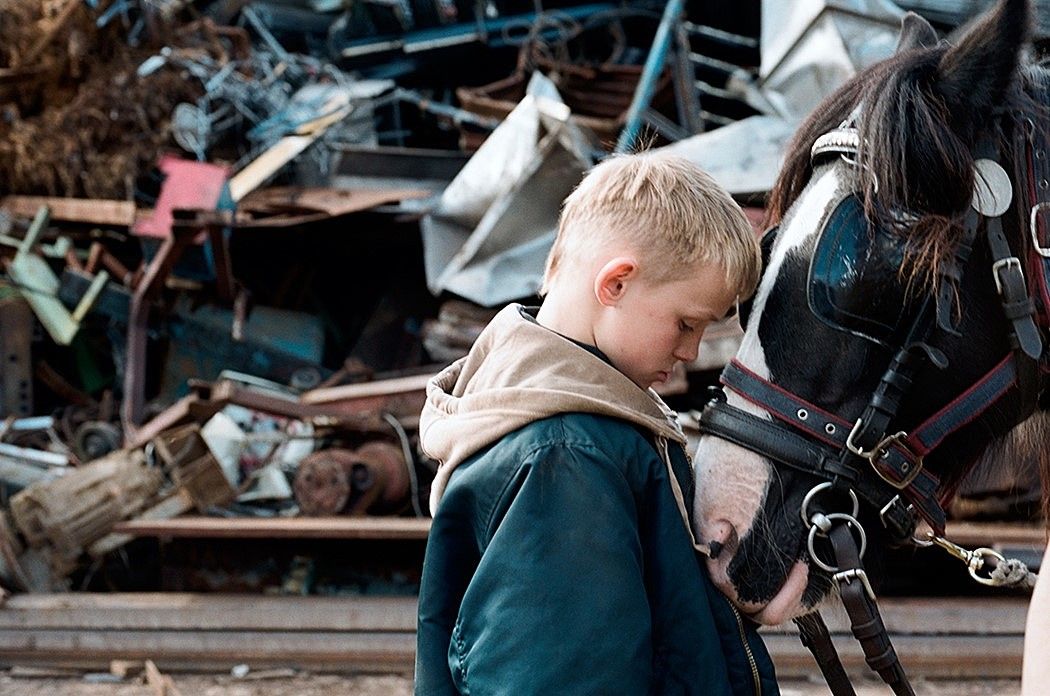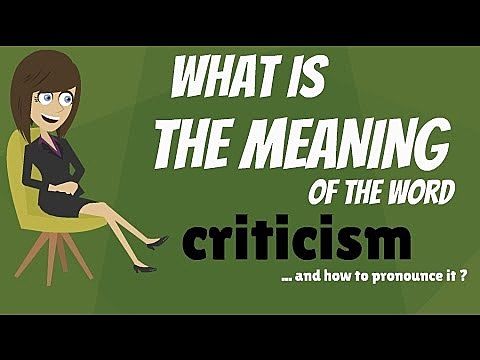Loose Canons: Kate Prior
Loose Canons is a series in which we invite artists we love to share five things that have informed their work. Kate Prior is a writer, producer, dramaturg, and performer working across theatre and film.
Loose Canons is a series in which we invite artists we love to share five things that have informed their work. Meet the rest of our Loose Canons here.
Kate Prior is a writer, producer, dramaturg, and performer working across theatre and film. She graduated from Toi Whakaari: New Zealand Drama School in 2004 and completed a Master of Dramaturgy at the Victorian College of the Arts in 2015. Kate will be familiar to our readers as our former Theatre Editor.
As a dramaturg, Kate has worked with Silo Theatre, Basement Theatre, Playmarket, St Martins Youth Arts (Melbourne) and independent New Zealand companies The Town Centre, Red Leap, White Mess and Last Tapes Theatre Company. Kate also makes films and wrote and produced short film Eleven, which was selected to screen at over 15 international film festivals, including Berlin International Film Festival, and won Best Short Film Script and Best Short Film at the New Zealand Film Awards 2014. She has worked as an Arts Adviser at Creative New Zealand, a writer and creative producer for Notable Pictures and as an archivist on the five-part TVNZ series Funny As: The Story of New Zealand Comedy.
CHRISTINE AND THE QUEENS
I first saw Christine and the Queens (the performance persona of artist Héloïse Letissier) online three years ago. She performed Tilted from her first album Chaleur Humaine on the Graham Norton show and while the song is a catchy, minimal pop tune, it was the performance of her four dancers and herself – in grey crew neck tops and plain trousers – that immediately grabbed me; anti-excess, flicking hands, floating legs. The choreography wasn’t an ornamental addition but an essential part of an entire contained performance. There was something definitely theatre about it, something definitely dramaturgically conscious. Something definitely FOR ME.
Since then Christine and the Queens has morphed into Chris, which feels less like a reinvention and more an excavation into a more essential genderqueer force. Chris is sex and sweat, boxy shirts and masc swagger. A woman in full control of her sexuality, yet being the desirer not the desired. Once again it's the live performance where Chris is in full flight. For her latest stage show she collaborated with French dance collective La Horde to create choreography that 'is not decoration, it’s also a statement’. I made the trip to see the show in Sydney recently, tentatively, because I usually have weird experiences seeing my faves; I get disappointed, or fawning crowds kill me (I know, it's pathetic), but Chris was pure joy and inspiration. Her exchange with her audience is generous, empowering and she releases you into a kind of strength. She inspires me because she's this deeply earnest imaginer who's making pure theatre, but has spun powerful ideas into a persona made for popular consumption. ‘Pop is popular right?' she says. 'It comes from that idea that it can be contagious and it can be democratic’. The show reminded me there’s nothing better than being a fan of your #1 ultimate fave. It’s a kind of romance.
UK SCREEN STORYTELLERS
My Dad was born in South Shields and grew up in London. As the daughter of an English immigrant, I’ll always be drawn to a British storytelling sensibility on screen. I'm terribly using this giant umbrella title to talk about not one but three UK screen storytellers I'm inspired by: Clio Barnard, Sharon Horgan and Phoebe Waller-Bridge. Here’s something about each one of these creative minds that I love: filmmaker Clio Barnard’s first feature The Arbor was a layered experimental documentary in which performers lip synched verbatim text, speaking directly to camera, which meant it was an entirely unsettling and unique film form. Her second feature was social realism with a mythic quality. She called it The Selfish Giant and made no attempt to explain that name. Barnard works a lot with loose adaptation, not as a formal process, but there’s always a sense of an extant piece of art, or framing device for the viewer, at the base of her work.
This draws a connecting line to Phoebe Waller-Bridge, whose Fleabag is an episodic adaptation of her original one-hour theatre show. The viewer's intimate relationship with Fleabag, who barrels the camera in moments of confession is taken directly from that immediacy of live performance. In a quintessential Twitter moment recently, Fleabag was critiqued for being for posh white girls, then counter-critiqued (why should all work by women rep all women) then counter-counter critiqued (let's not defend posh white girls, they don't need our help). It's all true. It's also great to appreciate a piece of work in and of itself. What inspires me about Fleabag is its deliberate ambiguity, the way it constructs desire, and Waller-Bridge’s ability to have her characters constantly surprise you.
Waller-Bridge’s sensibility of honest, punchy small screen storytelling from women’s perspectives connects her to Sharon Horgan and her brilliant series co-written with Rob Delaney, Catastrophe. It’s blunt and hilarious and makes me feel a bit less alone. There’s an episode in Catastrophe in which new mum Sharon tries to make friends with Samantha, another new mum, but she gets a bit obsessive about it, goes too far, and weirds Samantha out. I don’t have kids but this just felt so authentic to anyone trying to make new friends after about 35.
GREAT CRITICAL WRITING
I trained as an actor and a practitioner and I’ve never wanted to be a critic. But I’ve always wanted to make, analyse, support and deconstruct performance. When I realised that I simply needed to expand the term ‘critic’ from the traditional received wisdom about its adversarial (often male, often authoritarian) position, I was able to reconcile a whole lot internalised prejudice about criticism for myself. I just wanna have more robust, useful, caring conversations and help our New Zealand-ass non-confrontational softness understand that to support is also to challenge. Critical advocacy is possible. This was helped by discovering, several years ago now, a whole raft of brilliant writers who write about performance, art and criticism in a way that’s inquisitive, playful, anti-authoritarian and adds energy, not detracts. Writers like:
Megan Vaughan
Maddy Costa
The White Pube
Rosabel Tan
Alice Saville and Exeunt
In New Zealand it’s not always those who self-identify as critics who have the most inspiring and helpful stuff to say. For me, other inspirational practitioners who are also great critical advocates are people like Jo Randerson, Victor Rodger and Mīria George, and the list goes on!
UNFORGETTABLE MOMENTS IN PERFORMANCE
If you’re a fan of theatre stuff, there’s something about its transience that attracts you. The best moments only stay in your memory, and sometimes I think that’s what sustains us; unforgettable moments and the traces of the way they made you feel. Because I also work in screen, these will always be moments that could only happen in a theatre. In 2015 I spent a year in Melbourne doing a Master of Dramaturgy at the VCA and it also was a year I saw some of the most unforgettable moments in performance which still hang around today. One was in a show called Youarenowhere by a New York artist Andrew Schneider. It was part lecture, part meditation on quantum mechanics and parallel universes, and every aspect of tech in the show was triggered by the performer, so that the technical music of the show was completely intertwined with the body onstage. The climax was so completely mind-bending that I still don’t quite know what happened, and I feel to write any more about it would break its secret magic. Or maybe these moments just don’t require words. But the moment of rush and fascination has been collected and filed under WONDER and REMEMBER THIS WHEN YOU’RE OVER THEATRE with all the other ones.
Another wordless moment occurred more recently when I watched Hofesh Schechter’s dance work Grand Finale a few days after March 15 when, like everyone in Aotearoa, I was feeling completely lost. Schechter himself wrote a programme insert that began, “Dear audience – I don’t know where to start. I’m not normally one for pre-show messages. But this is not a normal situation. I don’t know. I lost my bearings with the definition of normality.” It’s an insanely privileged position to say some Auckland Arts Festival show helped you when those who lost family and friends in Christchurch had only loss. But it affirmed life and shimmering instants of humanity in a moment of violence and destruction. I’ll never forget it.
ARCHIVE
I’ve always fallen into the orbit of archival history, and will while away a few hours on that amazing resource NZ on Screen, so it was a kind of gift when I was asked last year if I wanted to work as an archivist on a five-part TVNZ documentary series about the history of New Zealand comedy. For a solid couple of months I watched material relating to comedy or comedians in this country from the birth of the NZBC onwards. By turns hilarious and cringeworthy, it’s also been a really moving and inspiring process. Sometimes I’d be brought to tears by the way you can often hear John Clarke’s scene partner laugh off-screen in 1974, while you follow a smile creeping into the side of his mouth, or strangely comforted by watching Lynda Topp rig the lights for an all-female comedy group, ‘Girls Gotta Eat’ in 1991, or struck by how much Billy T James had to field questions in interviews about being racist in the ‘80s, when none of his Pākehā counterparts doing Telethon skits in cheap plastic grass skirts did. I was recently drawn to this insight from Hepi Mita who made the incredible doco Merata: How Mum Decolonised the Screen. He quotes his mum and says, “What you see when you look at an archival film are resurrections taking place. A past life lives again, and something from the heart and the spirit responds.” When I read this it made a lot of sense of my experience in this archive.
It’s also been inspirational slowly gaining this incredible long view that engaging with archival material offers you. One night while watching a comedy show at the Basement I felt an almost physical sensation of being inside a tiny point of a long stretch of time. I can’t describe it beyond that. But we are part of an amazing lineage.






